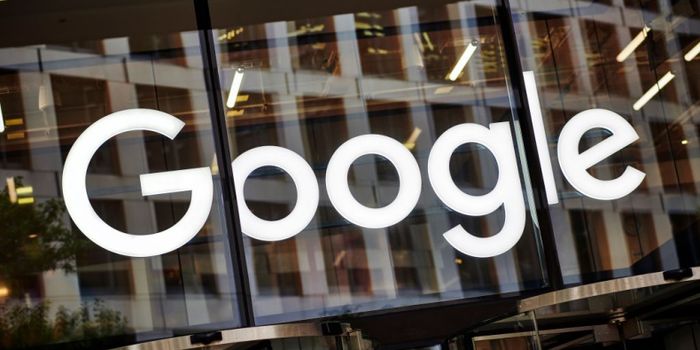It’s a start…
Google is rolling out a number of features designed to make it easier for users to control the data they share while using Google apps.
Users will now be able to turn on “incognito mode” in Google Maps to stop the app from saving your location activity and can more easily instruct YouTube and the assistant to delete your history.
Users will be able to set a time period from three to 18 months and the service will have YouTube automatically delete your history after that time period.
While some will argue that these time frames are still too long, it’s a welcome start for users who want more control over their data.
In the coming weeks, you’ll be able to delete Assistant activity from your Google account by saying “Hey Google, delete the last thing I said to you” or “Hey Google, delete everything I said to you last week.”
You won’t need to turn on any of these features as they will work automatically when you ask the Assistant for help.
Google are also introducing the Password Checkup, a new feature that tells you if any of your passwords are weak, whether you’ve reused them across multiple sites, or if we’ve discovered they’ve been compromised (for example, in a third-party data breach).
What does Google do with your data?
Nobody apart from Google themselves know the exact details of how it processes your data, but we do have have an idea of the ways it is collected and why.
First up, I would advise you to read Google’s privacy policy. It is available here and it’s written in straightforward, jargon-free English.
When you sign up to Google, you agree to the terms and privacy policy which means that Google will only share your data if:
- You ask Google to share it.
- Google is court-ordered share it.
- You have a Google Apps domain administrator managing your account.
- Google needs a trusted third-party to process it — using these same privacy standards.
In a post-Cambridge Analytica world that is growing increasingly uneasy of how major tech companies track people, the data collection practices of big corporations are increasingly under the spotlight.
Back in August, Google confirmed that some of its contractors listen to people’s recorded conversations with Google Assistant in order to improve support for more languages, accents, and dialects.
But Google do not sell your data off to make money, like some people believe. Google has seven products that each have at least one billion monthly users, and it is collecting data on all of these users.
By providing the product to you, you don’t pay for it in cash but rather you pay for it by allowing Google to hit you with super-targeted advertising.
In fact, Google made $116.3 billion in 2018 doing just this, by building detailed profiles on us and offering a tailored service to the people buying ad space.
LISTEN: You Must Be Jokin’ with Conor Sketches | Tiger Woods loves Ger Loughnane and cosplaying as Charles LeClerc


















































